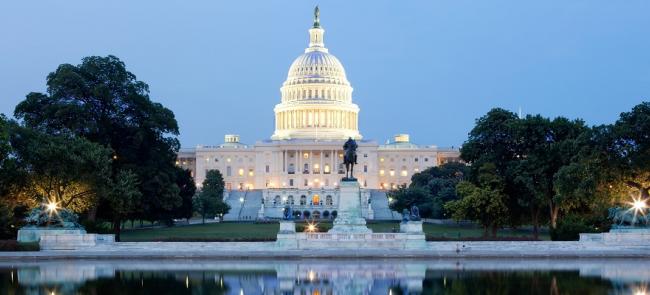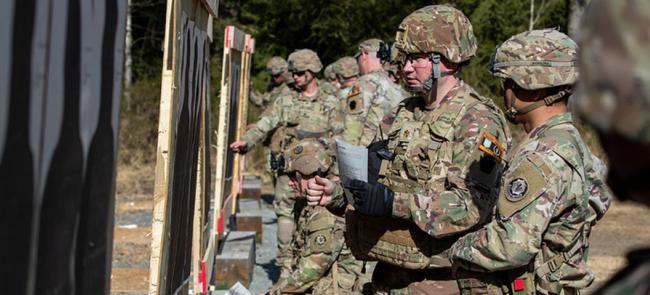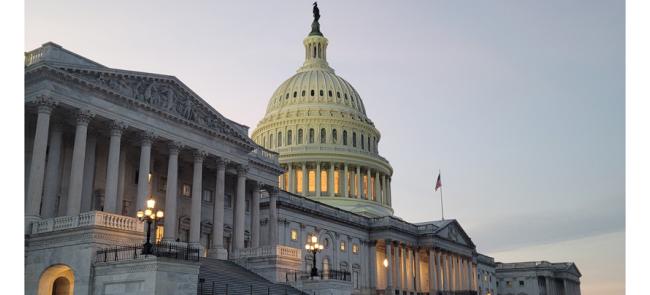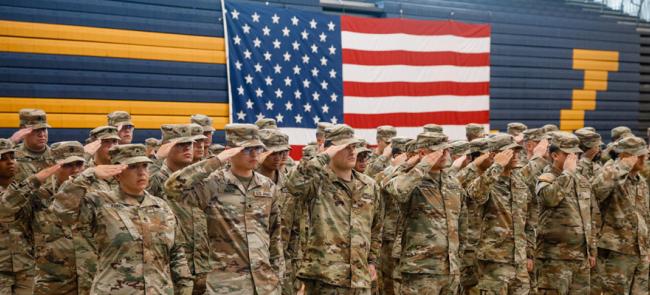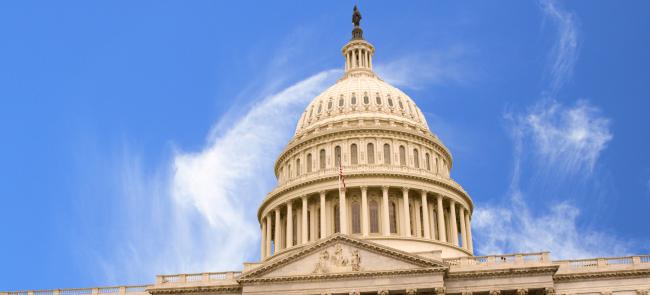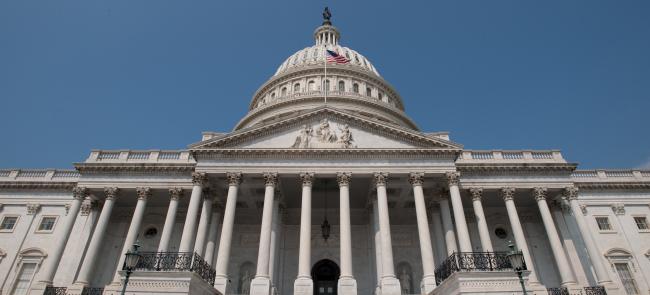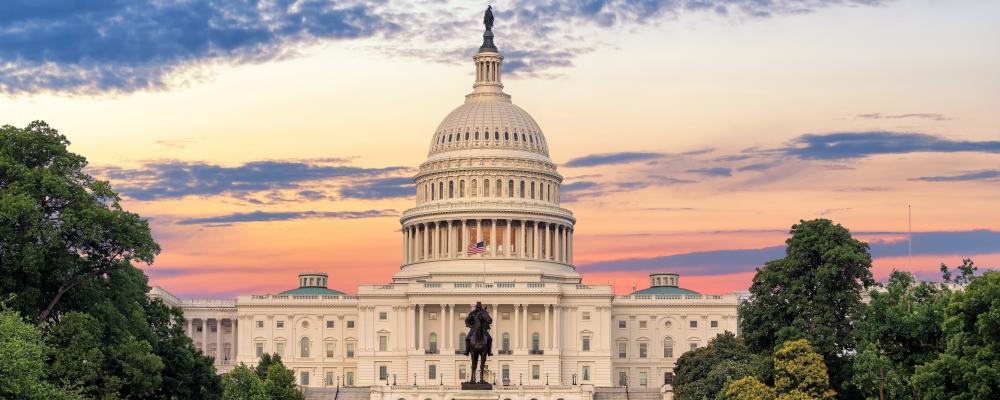
Congress is back to work after its August recess, tackling unfinished defense spending measures, fixing a massive Department of Veterans Affairs budget shortfall and passing a continuing resolution before Oct. 1, the start of a new fiscal year.
Rep. Rob Wittman, R-Va., said Sept. 4 Congress will likely agree to a $833 billion defense spending topline for fiscal year 2025.
But Wittman, the vice chairman of the House Armed Services Committee, added that as has been the case in recent years, lawmakers are also likely approving a federal budget extension called a continuing resolution to prevent a government shutdown.
"I think we know we’re not going to get the seven remaining appropriations bills done between now and the end of the fiscal year," he said at a Defense News forum, adding that "it looks like there’s going to be another continuing resolution that will come up next week, probably the middle of next week."
Wittman called CRs "the worst way for us to be able to manage the defense enterprise."
While a CR avoids shutting down the federal government, it freezes existing funding levels and does not allow agencies to launch new programs.
Although lawmakers concede a CR is unavoidable this time, their opinions differ on whether the length should be a three- or six-month extension.
In a Sept. 7 letter to House and Senate appropriators, Defense Secretary Lloyd J. Austin III listed the damage a six-month CR has on the nation's armed forces.
"We have already lost valuable time, having operated under 48 CRs for a total of almost five years since 2011," he wrote. "We cannot buy back this time, but we can stop digging the hole."
Speaker Mike Johnson, R-La., backs a long-term spending proposal, yet faces opposition from some fellow Republicans.
Reps. Mike Rogers, R-Ala., and Jim Banks, R-Ind., both HASC members, told reporters they opposed Johnson's plan Monday, according to Politico.
There is an even tighter deadline to address VA's budget shortfall.
The VA has asked for $3 billion in mandatory benefits funding,
VA officials have told Congress that without funding approval by Sept. 20, some veterans may see delays to their benefits payments due at the beginning of October.
During a House Committee on Veterans’ Affairs hearing Tuesday, Shereef Elnahal, the VA’s under secretary for health, confirmed the department was also seeking an additional $12 billion for its medical budget to be included in a CR.
The urgency to pass a CR additionally slows movement on other crucial agenda items, including passing the National Defense Authorization Act and approving key military nominations.
Lt. Gen. Duke A. Pirak's nomination as the acting director of the Air National Guard is awaiting a vote before the full Senate.
The Senate Armed Services Committee will hold a hearing Thursday morning to examine Air Force Lt. Gen. Steven S. Nordhaus's nomination to be a general and the chief of the National Guard Bureau.
— By Jennifer Hickey


